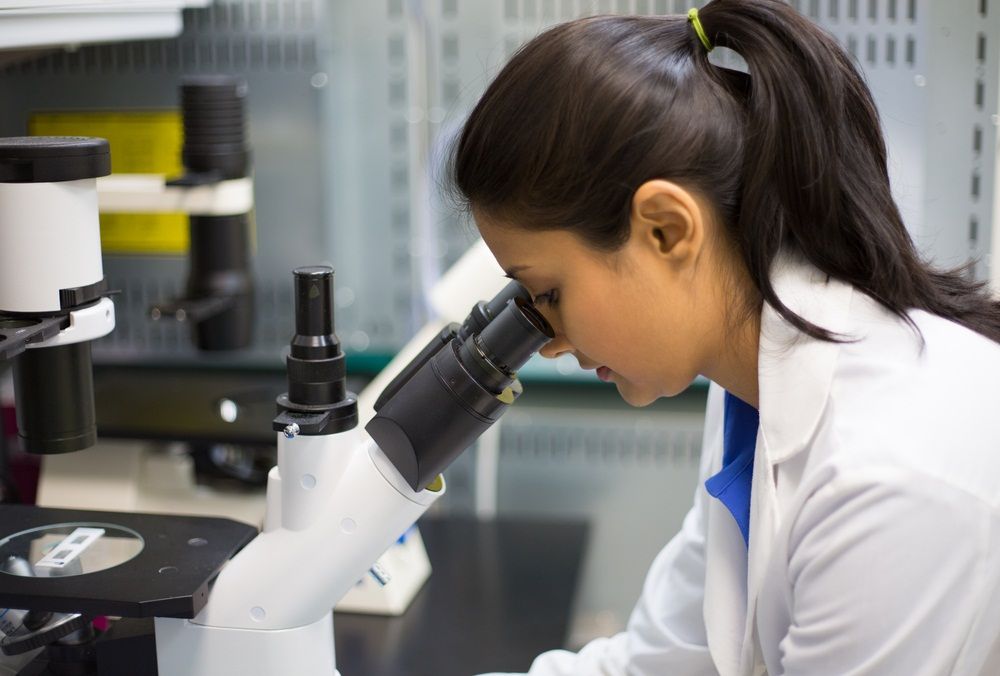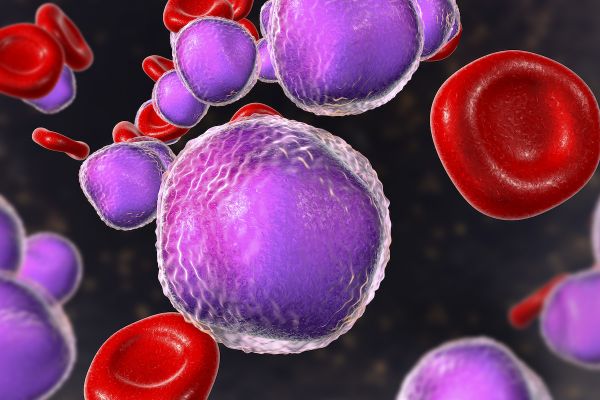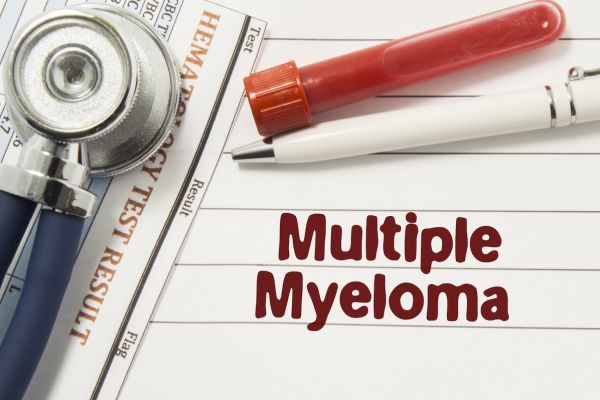A clinical trial is a type of clinical research study that tests the safety and effectiveness of new medical approaches.
Some clinical trials test a drug, a medical device or a new way of doing surgery. Other trials test new ways to prevent disease, diagnose cancer or improve quality of life. Clinical trials play an essential role in the fight against cancer. They are the only scientific way to prove whether a new treatment works better than the current standard of care.
You’ve probably heard various things about clinical studies — some true, some false — that can impact your decision on whether to participate.
Here are a few answers to some of the most common questions and misconceptions about clinical trials:
Are clinical trials only available if I have exhausted all other options?
There are many different types of studies, and you don’t have to exhaust all other options in order to participate. Cancer clinical trials test new ways to treat, diagnose or prevent cancer or manage symptoms and side effects of treatment.
Am I eligible for a clinical trial?
All clinical trials have participation guidelines. For instance, some studies are looking for volunteers with a specific type of cancer or a certain stage of disease. The factors that allow a person to sign up for a study are called eligibility criteria. To take part in a study, a person has to meet the requirements of this checklist. Many studies require mandatory testing to determine if a person meets all the inclusion criteria. These are known as screening tests. The study's doctor and research personnel carefully go through all the criteria to ensure a person is right for a study.
You could be eligible for several trials at the same time. Understanding what each study involves can help you make your decision. Ask your doctor to suggest a clinical trial that is best for your needs.
Can children participate in clinical trials?
Children can participate in clinical trials with parents’ permission.
Will I get a placebo pill instead of actual medicine during a clinical trial?
Most cancer clinical trials do not use placebos (study medication that has no active ingredients) unless they are given along with an active drug. It’s unethical to give someone a placebo if it would deny the person a chance to get a drug that’s known to work. Unfortunately, there are some types of cancer for which there are no proven effective treatments. In rare cases, testing a new treatment against a placebo might be needed to prove that the treatment is better than nothing at all.
Never miss another Cancer Talk blog!
Sign up to receive our monthly Cancer Talk e-newsletter.
Sign up!Are clinical trials safe?
There are federal rules in place to help ensure the safety and ethics of clinical trials and to protect the rights and welfare of the people who participate in the trials. You will be protected through:
- The informed consent process where the study doctor will fully describe the study to you, including any risks.
- Careful review and approval of the clinical trial protocol by:
- Scientific experts who ensure the study is properly designed
- Clinical research professionals
- An institutional review board (IRB) which consists of doctors, health professionals and community members who review studies to protect the rights and welfare of study participants
- Throughout the study, ongoing monitoring occurs by:
- The IRB
- Data and Safety Monitoring Boards (DSMBs)
- The organization sponsoring the trial
- The research team
Is a clinical trial a huge time commitment?
Every study is different as to the schedule of events, tests, procedures, clinic visits and so forth. While learning about the study, the time commitment should be explained thoroughly so that you understand the expectations and requirements.
When will I get the results of a clinical trial?
The results of a study are generally not available until the study closes and the findings are analyzed and published. However, new or important safety information can and is shared throughout the study.
Once I join a clinical trial, can I opt out?
Taking part in a study is entirely voluntary, and you can leave a study at any time. Leaving a study early will not result in any penalty or loss of benefits to which you are entitled. However, if you do decide to stop participation, talk with your doctor first to ensure your safety as you withdraw from treatments.



